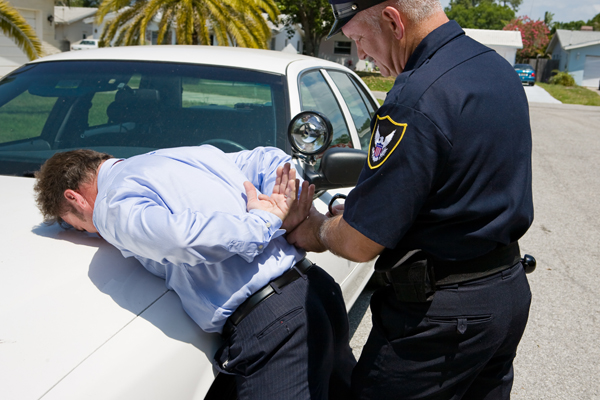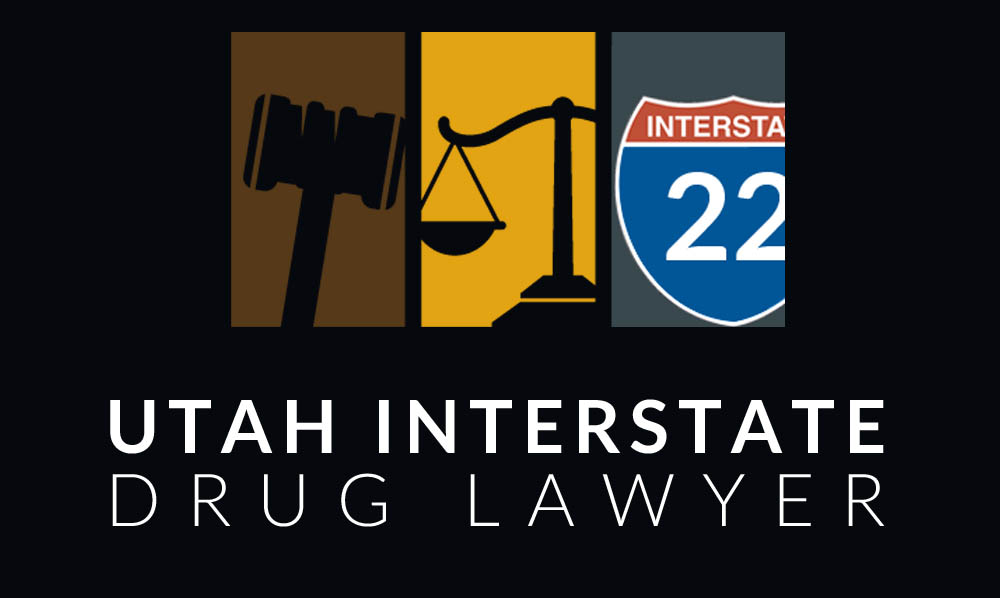Drug Busts– Narcotics Surveillance
Law enforcement will in many cases focus on known drug corners by setting up surveillance from an undercover motor vehicle or another confidential location. The “eyes” or officer watching will patiently wait for a dealer to start selling, with back-up units waiting in cars in the surrounding location. Within a couple of hours, police will confirm that a money transaction has taken place between the buyers and the dealer. The dealer may leave to retrieve the drugs from another area, such as a drainpipe or house, which will also be taken into consideration.
Once the drugs have been traded for money, the buyers will be tracked by the “eyes” until the back-up unit stops and searches them. If the detained buyers are identified to have drugs in their possession, then the officer’s suspicions are validated and backup goes into position for the “take down.” If the dealer is apprehended and has no drugs on their person, a case can still be made if they are found to have drug money. The site where the dealer brought back the drugs can also be tracked and the drugs uncovered. Again, no drugs were really seen on the dealer, but the prosecution has more than enough proof to substantiate the defendant guilty of possession with intent to deliver.
Drug Busts– Conspiring to Sell Drugs
Any business owner will tell you, an organization needs a lot of employees for the business to function–and drug businesses are no different. The dealer can not probably take care of the whole operation, so he needs small time dealers on the roadways to transfer the “product.” He works with individuals as “lookouts” to make certain police officials are not attempting to shut down the corner, just like loss prevention officers at department stores. Someone needs to furnish the dealer with the drugs he is promoting and give him additional drugs when he is sold out. And since no dealer prefers to have a lot of money on the corner in case of an arrest, an individual must take and store the money off the corner. Law enforcement monitors their actions and arrests people working with the dealer as co-conspirators, even though none of them were in possession of drugs at the time they were arrested.
Drug Busts– Traffic Stops
Utah police come up with all kinds of reasons to stop vehicles in heavy drug trafficking areas, like the now infamous Interstate 40. Neglecting to turn on a signal, rolling through a stop sign, and a broken tail light are just some of the petty reasons police use to pull someone over if they suspect the driver has drugs. If the police move toward a car and see evasive actions towards the floor of vehicle, or if the driver seems very apprehensive, then the officer has a right to “fear for their safety.” They will then probably ask the driver for consent to inspect the car.
If the initial search of the car does not produce drugs, the driver can still be apprehended if he is found to have plastic baggies or heaps of cash on his person. Suspecting drugs are in the car, the officer will then get a search and seizure warrant for the car, and will likely bring out the K-9 unit. Upon implementation of the warrant, police inevitably find more baggies and the drugs hidden in the car. At the moment of arrest, the car driver did not have any drugs on him, but the proof is pretty strong that he constructively acquired the drugs with the intent to sell them.
Drug Busts– Postal Service Interdiction
A lot of drug dealers have couriers that deliver drugs using the mail from source states. Often times, the recipient does not even know that the package contains drugs since they are just advised to sign for the package and notify the dealer upon its arrival. The moment police in the source state get a warrant to open the package, they can validate that there are drugs in it. Police then sequester the package at the post office, seal it up and deliver it to its chosen destination; however, rather of an usual mailman delivering the package, it is a policeman or postal police officer in disguise. At this moment, the police have already secured an anticipatory search warrant from a magistrate to serve on the source house, if all goes as arranged. As soon as the receiver is paid and the package is taken to the dealer, the car is stopped and the package recovered. Both the passengers of the car are apprehended and accused of possession with intent to deliver marijuana, conspiracy and associated offenses.
The package was not on either the driver or passenger during the time of their arrest and the driver was never seen holding the drugs. But again, the proof of their possession and intent to deliver the drugs seized is rather strong. They could possibly try to declare that they had no awareness of what was in the package or the driver could dispute mere presence, but defending a case similar to this would be challenging.
Drug Busts– Search and Seizure
All drug dealers have to stock their drugs at some location right before they are sold on the streets. In many cases, personal tipsters or neighbors supply the police with tips about homes where drugs are being kept and sold. Surveillance is then assembled and they keep an eye on buyers as they approach the house and exchange money for drugs, while buyers are often stopped and searched for drugs. Covert officers and confidential informants also use pre-recorded buy money to make purchases from dealers selling from houses.
Once there is enough evidence accumulated to prove that drugs are being sold from a property, the police request permission to perform a search and seizure warrant on the house. Once carried out, the drugs, drug paraphernalia, and pre-recorded buy money are taken from the property as proof of residence and other evidence of drug activity.
Later, the undercover officer will identify the individuals who responded to the door and dealt with the buyers and arrest him for PWID. He may have no drugs on him, but there will most likely be evidence in his home associating him to the drug purchase transaction, such as electricity bills and documents in his name at that address, a handgun in his possession, and pre-recorded buy money that was made use of hours earlier when a source made a purchase inside the residence– all establishing strong direct and circumstantial proof that he was managing a drug business from the place.
Conclusion
You do not have to be in possession of drugs during the time of your capture or be seen supplying or selling off drugs to be charged with possession with intent to deliver. It is what you intend to do with drugs that you actually or constructively possess that becomes a legal issue. Although the above cases strongly illustrates solid proof of guilt, that does not mean that there are no defenses to possession with intent to deliver charges in drug arrests.
Intent to deliver drugs is a very critical charge, the category of which is often a felony; although, it is often decided by the number of grams of the drug that are in the individual’s possession or were supplied. For instance, a possession with the intent to deliver marijuana is a felony that carries 5 years in prison and a fine of up to $5,000. However, according to the quantity involved, those charges can raise to 1-15 years.
The chance of being incarcerated can be high for these kinds of drug busts. That is precisely why speaking to a professional law agency is crucial. With no proper representation, your civil rights may be ignored and your trial outcome dim.
Recent Posts
- How To Get The Best Interstate Drug Trafficking Lawyer in Murray WY
- How To Get The Best Interstate Drug Trafficking Lawyer in Logan WY
- How To Get The Best Interstate Drug Trafficking Lawyer in Millard County WY
- How To Get The Best Interstate Drug Trafficking Lawyer in West Jordan WY
- How To Get The Best Interstate Drug Trafficking Lawyer in Cache County WY

